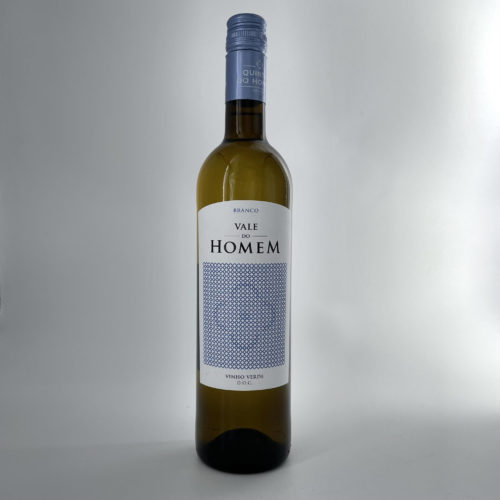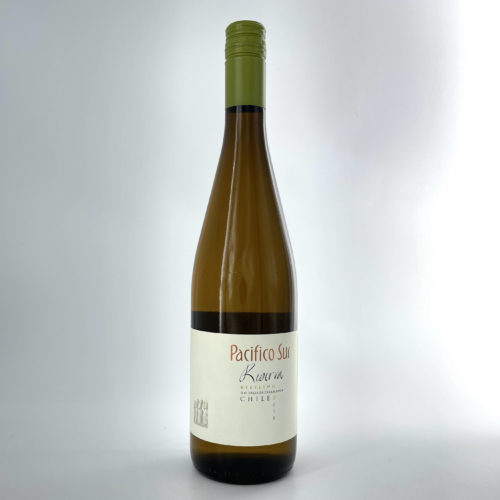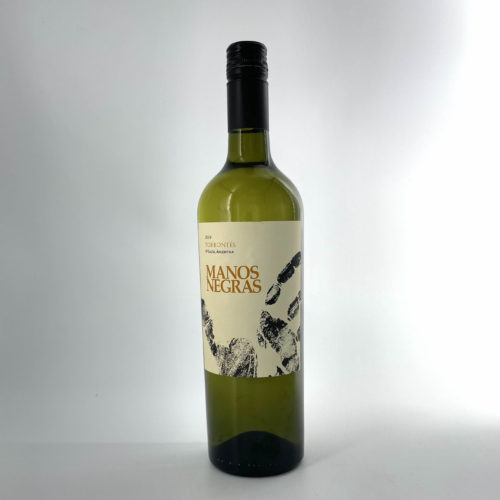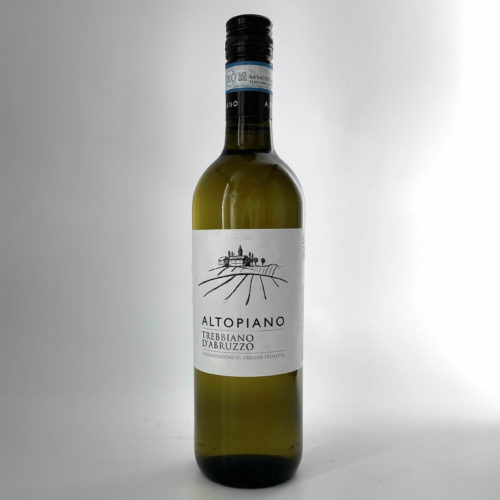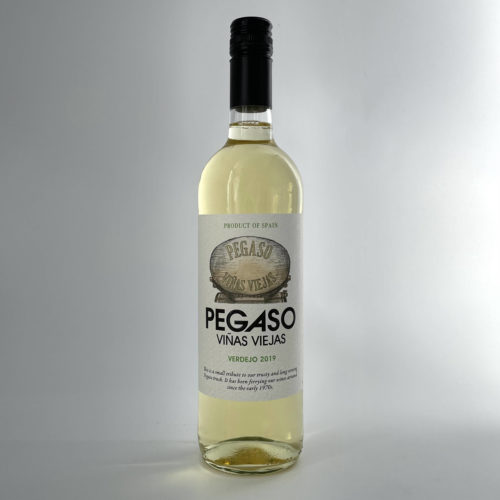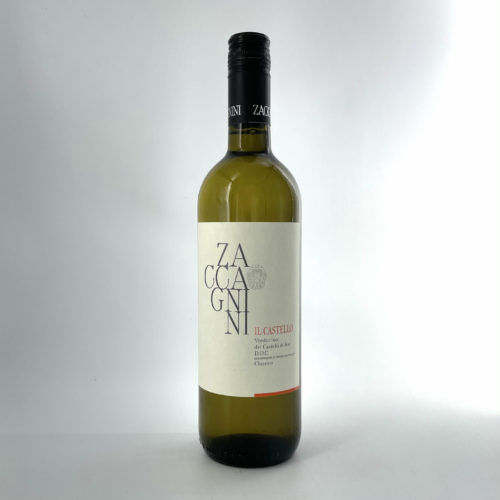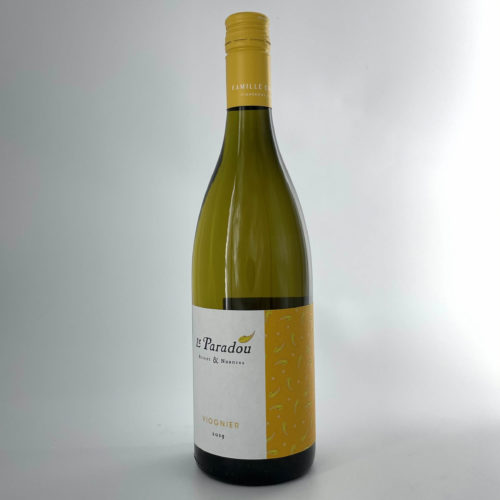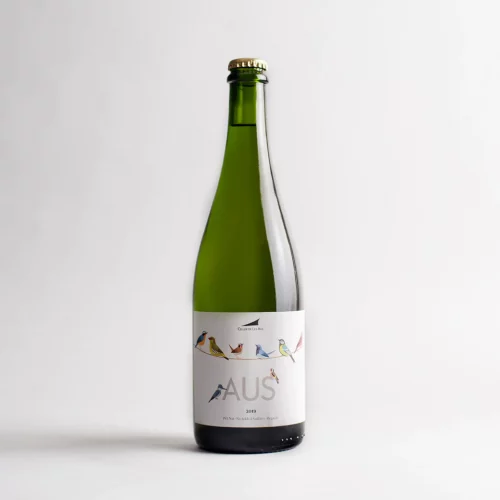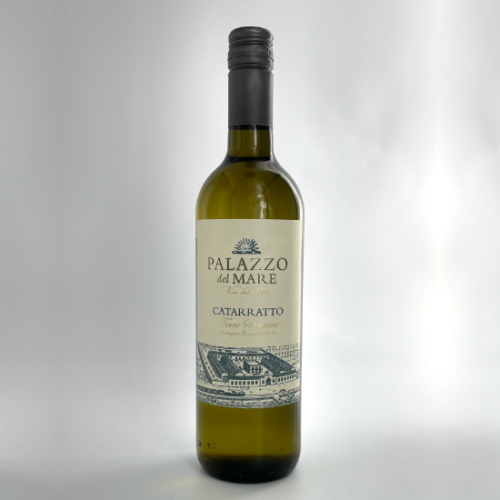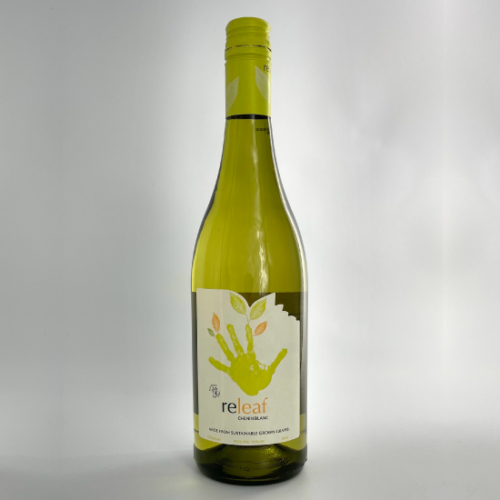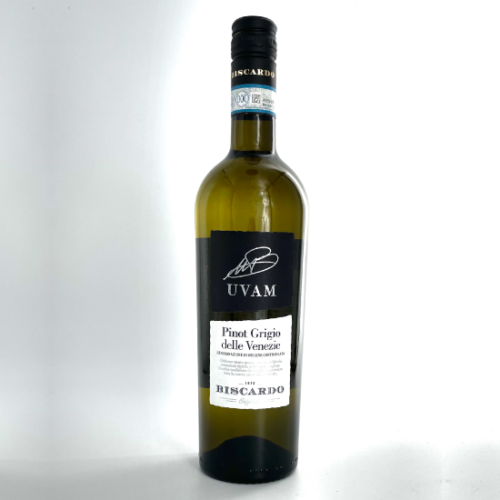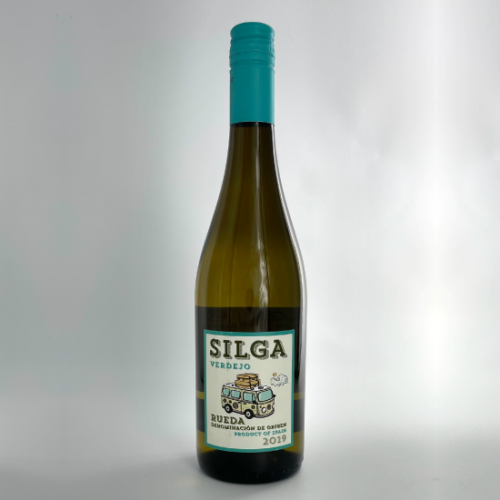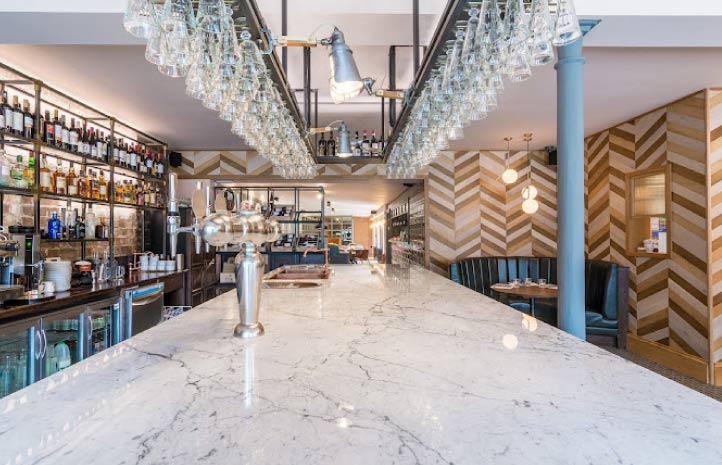Quintas do Homem, Vinho Verde, Portugal
Quintas do Homem is one of those estates that immediately captivates you with its charm, its passion and dynamism.
Nuno and his father, Antonio, work the vines of their two vineyards, Quinta do Veiga and Quinta do Paço, where they grow predominately Loureiro and Arinto. Ana, their long term winemaker, is a fierce taskmaster, demanding quality fruit that enables her to deliver the pure, fine and elegant Vinho Verdes that Nuno expects. It’s very much a family exercise with Nuno and his father working the vineyards, Nuno’s mother preparing delicious, traditional Portuguese dishes for visitors and Ana, an adopted family member, making sure the wines are always perfect.
Riesling Riserva Pacifico Sur, Valle de Casablanca, Chile
Tutunjian Estate have vineyards across the Central Valley region, with their oldest vineyards located in the prestigious Apalta region of the Colchagua Valley. Well known for their expertise with Malbec and Carmenere, they also work with many other traditional grapes, always choosing the best terroir for each.
Torrontes, Manos Negras, Salta, Argentina
Alejandro Sejanovich is arguably Argentina’s most knowledgeable viticulturist, working as vineyard director for Bodega Catena Zapata for 16 years, he pioneered high altitude vineyard planting and conducted ground breaking research on Mendoza Malbec clones.
Manos Negras focuses on latitude winemaking, planting Torrontes in the northern stretches of Cadayate in Salta, Pinot Noir in the southern-most region of Neuquen in Patagonia and cultivates 50 year old Malbec vines in the prized Altamira appellation in the Uco Valley.
Trebbiano Altopiano, Feudo Antico, Abruzzo, Italy
Feudo Antico was created on a small plot of land in the heart of Abruzzo. It is in Italy’s smallest DOP and the first designation of its kind in Abruzzo.
Starting from the 2013 vintage, all wines are Magis certified, the most advanced project for the sustainability of wine production in Italy. Currently their 15 hectares are cultivated using native varieties producing limited yields to ensure quality is retained. Clearly they highly value the land they work and this attitude is continued in the winery where the fruit and wine come into contact with no wood whatsoever, only concrete and glass. This guarantees the purity of the fruit, and its flavours, are conveyed from the vineyard direct to the glass.
Verdejo Pegaso Vinas Viejas, Bodegas Manzanos, Navarra, Spain
On the border between Rioja and Navarra, Victor Manzanos carries on the work of the four generations before him.
Adding in significant amounts of ambition and energy, Victor Manzanos is at the forefront of the new Rioja – championing a modern interpretation of its varieties through his wines. As a grower, Victor is keen to prove that Rioja Baja has its own distinct character and should not be judged as inferior to Rioja Alta or Alavesa – just different.
Verdicchio dei Castelli di Jesi Classico, Zaccagnini, Marche, Italy
On the opposite coast to Tuscany lies the less well known, but no less beautiful, region of Marche. This is where you will find the family run Zaccagnini winery, established by two brothers.
Playing to their strengths, they have focused on the local grape Verdicchio, and the results are spectacular. Their range of three Verdicchios are as distinctive and individual as you could wish for, with each wine having its own personality and textural signature. All are benchmark examples of this lesser known region on the East coast. Whilst they have been working organically for a few years, from the 2020 vintage, the wines are being certified as organic.
Viognier Le Paradou, Chateau Pesquie, Ventoux, France
This family run domaine came to being in the early 1970s, when Odette and René Bastide spotted the potential of the Ventoux region and took over an area of rundown vineyards. In 1985 Edith and Paul Chaudière took control and created one of the first independent wineries of the AOC, in an area which had previously been dominated by cooperatives. In 2003, Paul and Edith handed over the running of the estate to their two sons, Alexandre and Frédéric, who have since set about converting the domaine to organic farming. They are blessed with vineyards in an enviable location, ideally situated at the crossroads between the Alpine and Mediterranean worlds. An average altitude of the vineyards of more than 300 metres and the wide variation of temperatures between days and nights create an excellent physiological balance in the vines, adding colour, concentration and balance to their wines.
‘Aus’ Pet-Nat, Celler de les Aus, Allela, Spain
Located on the same site as Alta Alella is Celler de les Aus, headed by Mireia Pujol-Busquets – the daughter of Josep Maria. Mireia has already established a reputation as one of the most exciting young winemakers in Europe and, as well as assuming many of the roles from her father in the Alta Alella operation, she has established her own micro-project, producing natural wines without the addition of any sulphites. The small yet striking winery is filled to the brim with vessels of all shapes and sizes as Mireia continually experiments in an effort to produce wines that are as pure a representation of the Alella terroirs as possible. hak
Catarratto, Palazzo Del Mare, IGT Sicily
Sicily’s geography and climate are perfectly suited for the production of healthy, ripe grapes and quality wines. Palazzo del Mare’s vineyard sites are situated at an altitude of 200-300m, ensuring cooler night-time temperatures which preserve crucial acidity in the grapes. Yields are naturally limited by the winds and the wines tend to be harvested earlier than many of their neighbours and consequently are bright and fresh. The Catarratto particularly displays that signature crisp, citrus laced fruit filled style. The Palazzo wines tend to be harvested earlier than many of their neighbours and consequently they are bright and fresh with no baked flavours.
Chenin Blanc, ‘Releaf’, Western Cape
A self-empowerment project, ‘Releaf’ project symbolises the true meaning of sustainability and harmony within nature. Sustainable agriculture is used in order to cultivate 100% hand harvested, organically grown grapes that are used to produce two separate cuvées. Every effort has been made to ensure this wine is as eco-friendly as possible, down to the fact it is packaged using partially recycled glass and is labelled with recycled paper and sustainable ink.
A portion of the proceeds of the Imbuko Releaf wine goes towards supporting the Imbuko Schools Support Project – through which the estate supports a number of children in education by funding scholarships to local schools.
Pinot Grigio Delle Venezie, Mabis, Biscardo Uvam, IGT, Veneto
The Biscardo Family have been making wine from their base in Soave for over 150 years and are currently led by brothers Maurizio and Martino. During the course of Maurizio’s long and illustrious career, he has consulted for well-known wineries around Italy and in doing so he came across the vineyards for their Puglian wines. Both the Pugliese and Veneto wines are characterised by an almost dangerous drinkability, aromatic purity and exceptional value for money.
Verdejo, Silga, Alvarez y Diez, Do Rueda
Alvarez y Diez is one of the most important producers of the D.O. Rueda. They have made major investments to ensure that the winery is at the vanguard of changing wine styles in the region. Concentrating on the indigenous Verdejo and Sauvignon Blanc, they were one of the first to produce the crisp, herbaceous style that is associated with Rueda today and also the first to introduce screw caps to the region.

